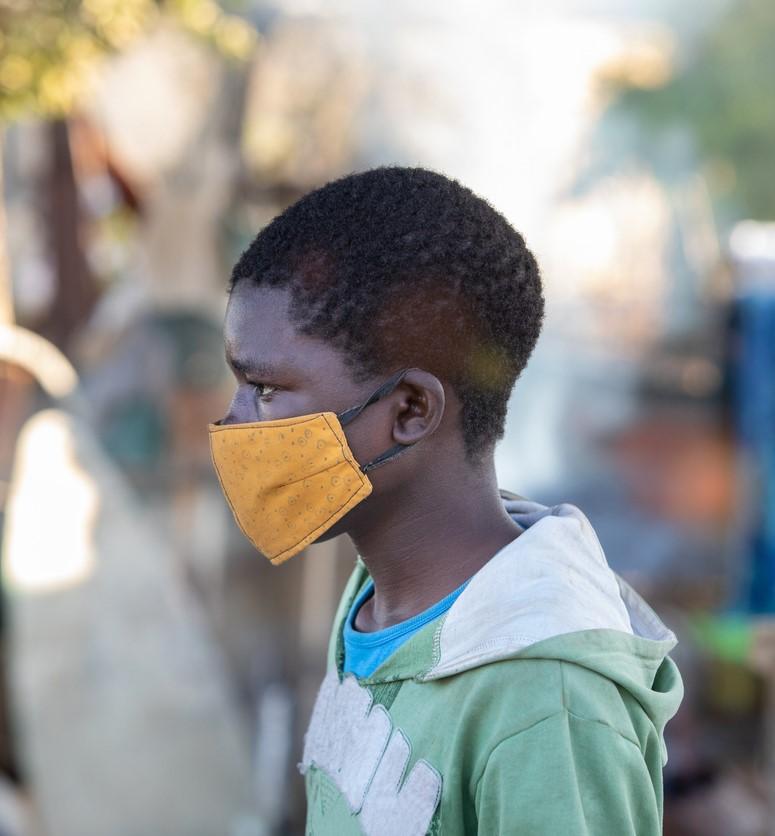Amid a worrisome rise in cases in some African nations, Uganda's president yesterday reimposed a lockdown as part of an effort to prevent its COVID-19 surge from overwhelming the healthcare system.
In other developments, some countries in Asia continue to battle stubborn spikes, but with some promising developments about vaccine supply.
Cases rise in 8 African nations
Last week, the World Health Organization (WHO) African regional office warned of abrupt rises in eight countries, including Uganda, and urged nations to boost their intensive care unit (ICU) capacity. African countries are also falling behind the global pace of vaccination, given interruptions in the shipment and limited supplies of vaccine through COVAX, the program designed to equitably distribute immunizations on low- and middle-income countries.
Uganda's lockdown is set to last 42 days and includes the closure of schools, open-market shutdowns, suspended church services, and some travel limits, according to Reuters.
The country's surge started a month ago and is also affecting younger people. In his address, the country's President Yoweri Museveni called the outbreak "diffuse and sustained," with fatality and critical illness levels that were greater than the country's first wave. He also aired concerns that the surge would top the country hospital capacity and oxygen supply.
Asia hot spot developments
Thailand, which is battling a variant-fueled surge of cases, today launched its mass vaccination campaign that hinges on AstraZeneca-Oxford vaccine produced by the country's Siam Bioscience, which has never manufactured vaccines before, according to the Washington Post. Some are concerned the company can't make enough doses to vaccinate about 70 million people, and supply shortages have already led to vaccine appointment cancellations.
Elsewhere, Taiwan is still reporting record daily numbers of local cases, and on Jun 5 announced new measures to curb the spread, which include barring migrant workers from moving between factories. Earlier in the pandemic, Taiwan was widely praised for its efforts to keep COVID cases low, but like other locations is now struggling to beat back more transmissible variants.
In a related development, a group of US Senators who recently visited Taiwan announced that the United States will donate 750,000 vaccine doses as part of the Biden administration's plan to donate vaccine to global partners that need them.
Meanwhile, Indonesian health officials have sent more health workers to hospitals on the islands of Java and Madura that are near capacity, according to Reuters. The country, the world fourth most populous, has been bracing for a COVID surge due to the spread of variants, especially following Ramadan holiday travel.
More global headlines
- India's prime minister today announced that the federal government would take over the vaccination program, which has been partly run by the states, according to Reuters. As part of the change, the vaccine will now be offered free of charge to all adults.
- Australia's Victoria state, which is experiencing a variant-related outbreak in Melbourne, reported 11 more cases today, according to Reuters. All are linked to existing cases. The state is in a 2-week circuit-breaker lockdown, which is slated to end Jun 10.
- G7 countries should support two-thirds of the $66 billion cost of providing COVID vaccine to lower- and middle-income countries, a letter signed by more than 100 former world leaders said, according to The Guardian. The letter comes days ahead of a G7 leaders meeting that begins at the end of the week in the United Kingdom, where support for global COVID vaccination is expected to be one of the themes.
- The global total topped 173 million over the weekend and is now at 173,378,250 cases, along with 3,730,776 deaths, according to the Johns Hopkins online dashboard.





















